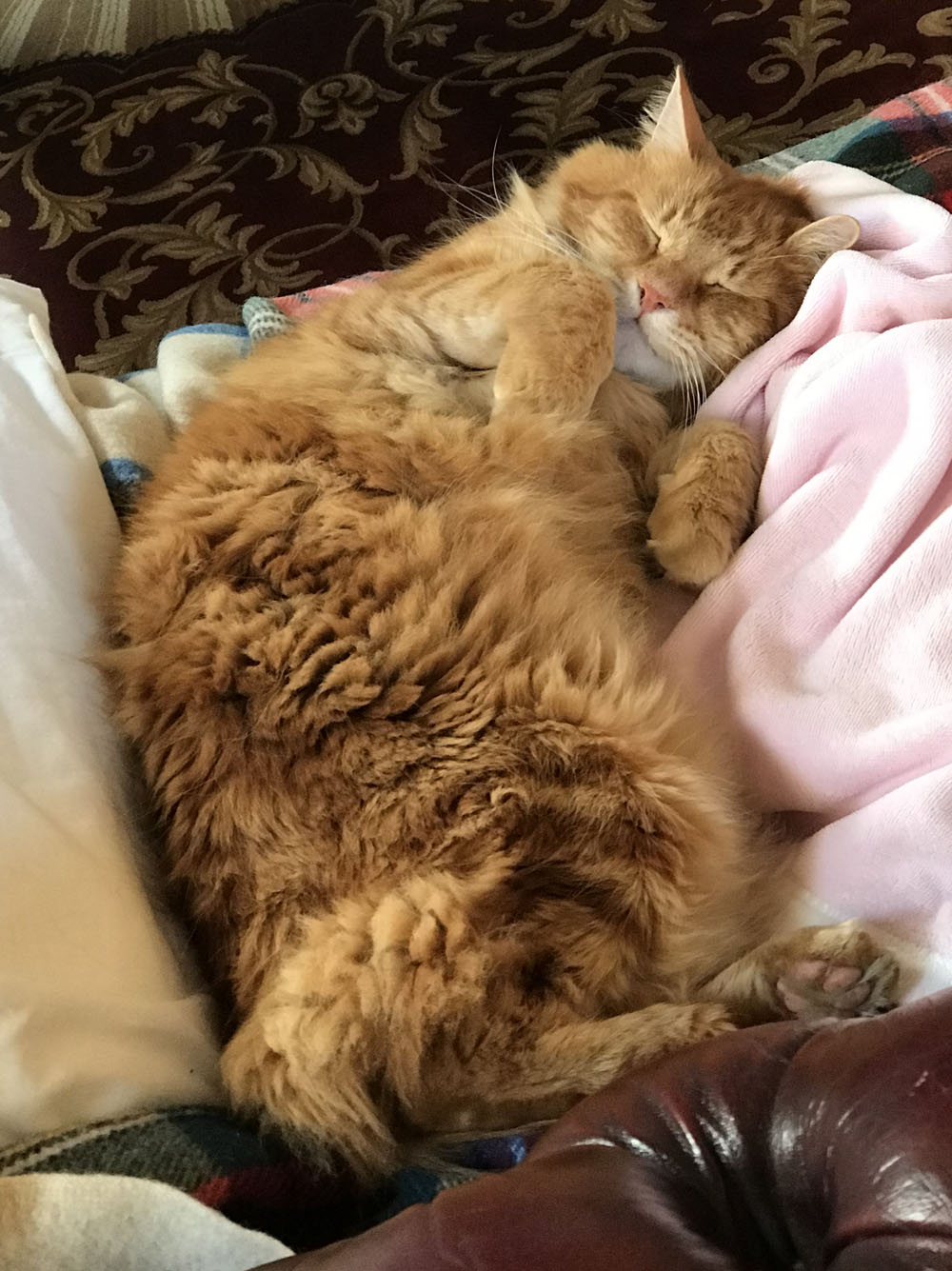Desexing
Desexing of Male dogs and cats
What does Castration involve? Castration (male desexing) involves removal of both testicles via a small incision in front of the scrotum. This is a day procedure for most pets. Removal of the testicles prevents sperm production and removes the source of male hormones.
When should desexing be performed? We recommend
What are the health benefits for my pet? Castration has numerous health and behavioural benefits as well as preventing unwanted litters. Desexing will prevent testicular cancer and reduce the risk of prostate disease. Urine spraying and marking are reduced by desexing, as is fighting and aggression. Male pets are more likely to escape or roam looking for female pets in season and so castration will reduce the risk of injury by road traffic accident.
Are there any disadvantages to having my male animal desexed? No. Castrated animals generally have longer healthier lifespans. Desexing does not affect your pet’s personality except to reduce sexual and hormone-related behaviours. These behaviours are unwanted and include aggression, urine marking (inside and even on people!), mounting and roaming in search of a mate. Desexing should not cause weight gain if your pet is fed an appropriate diet and exercised regularly.
What if my pet doesn’t have two testicles present? If your pet has definitely not been desexed but the testicles cannot be felt in the scrotum he may be what we call a cryptorchid. Cryptorchid pets may have one or both testicles missing from the scrotum. The absent testicle(s) may be in the groin or abdomen where it has an increased
Desexing of Female dogs and cats
What does speying my pet involve? Speying (female desexing) involves removal of the ovaries and uterus to the level of the cervix. Also known as an ovariohysterectomy, this procedure is performed via a small incision in the pets abdomen. This is a day procedure for most pets.
When should desexing be perfomed? We recommend to desex female dogs and cats at 4 to 6 months of age before they first come into season. Some animals, especially cats, come into season even sooner than this so earlier desexing may be required.
What are the health benefits for my pet? Speying has numerous health benefits as well as very importantly preventing unwanted litters. One of the most significant health benefits is the prevention of breast cancer. Desexing before the first season gives almost 100% protection from breast cancer at a later age. Desexing also prevents infections of the reproductive tract known as pyometra that can be life threatening in female animals. Other benefits include no messy bleeding every 6 months or so, no male animals being attracted to your home and elimination of false or phantom pregnancies.
Are there any disadvantages to having my female animal desexed? No. Desexed animals generally have longer healthier lifespans. Desexing does not affect your pets personality Desexing should not cause weight gain if your pet is fed an appropriate diet and exercised regularly.
Why have I heard that females should have a litter or a season? This is a myth or old wives tale that has no medical or scientific basis to it. Seasons or litters do not improve a pets personality or character or benefit their health in any way. In fact not desexing animals results in the large numbers of unwanted kittens and puppies that are destroyed each year as well as females suffering from easily preventable reproductive diseases.
What if my pet is older than 6 months? If you are unsure if your pet is already desexed then she can be checked for a desexing tattoo in her left ear. Older animals can also be desexed however the surgery is more involved and should be discussed with a vet. If your dog is in season we should wait 6 to 8 weeks before desexing her. However if a female cat is in season desexing can be performed at the time as cats will continue to cycle until they are successfully mated.

For any concerns about your pet's health, or to make an appointment, please contact Hoppers Crossing Veterinary Clinic & Hospital or call us on (03) 9748 6644.
Payment Options
At Hoppers Crossing Veterinary Clinic & Hospital we have a number of payment options available including cash, credit card and EFTPOS facilities. We also offer the GapOnly® payment service that works with selected pet insurance, so you can access your pet insurance benefit right away for eligible expenses.
Contact Us
For any questions about your pet's health, advice, or to book an appointment, please give our team a call.
Subscribe to our Newsletter
Join our mailing list to receive the latest news and updates from our team.